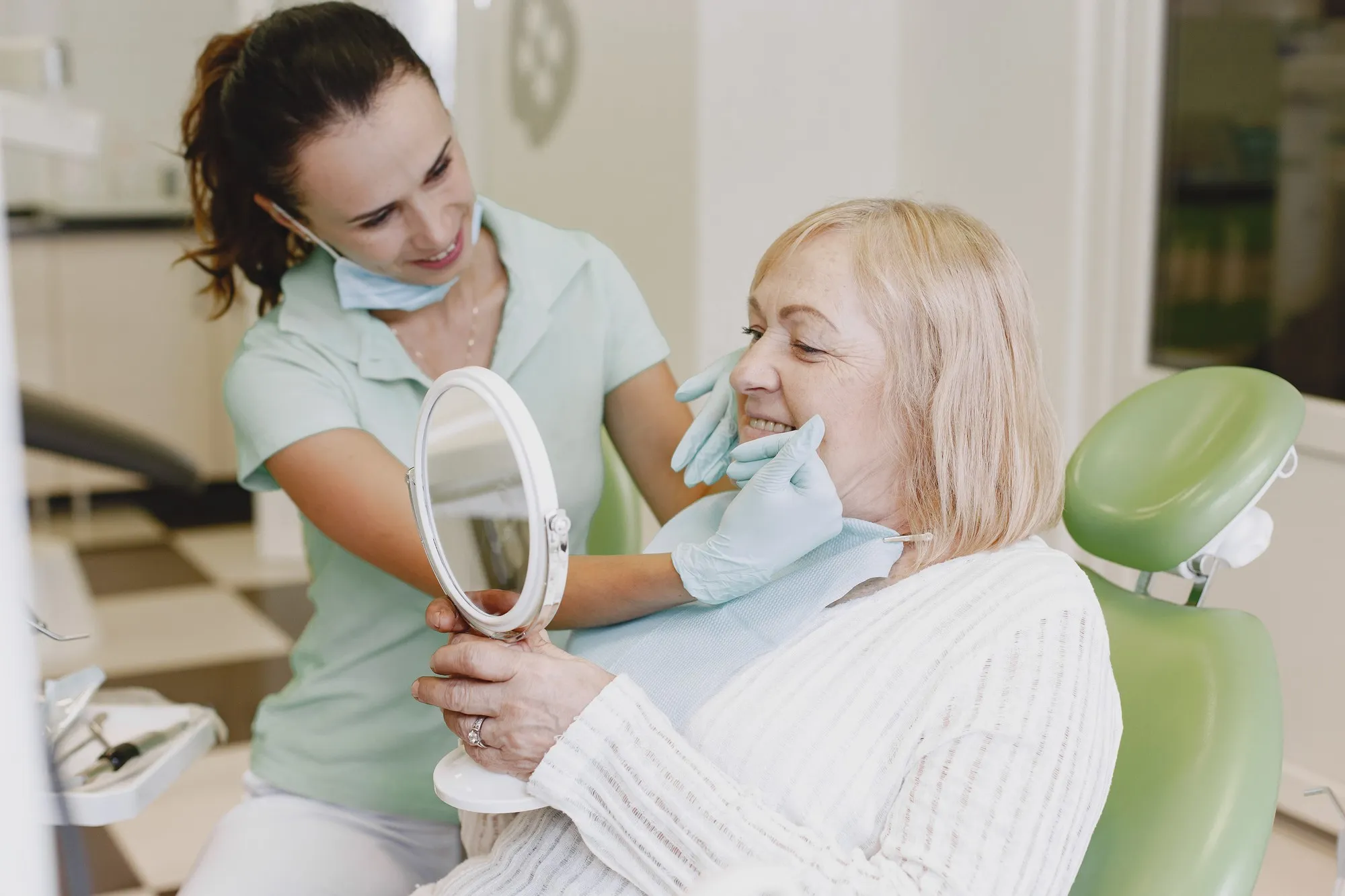Abstract
A groundbreaking prospective cohort study published in the International Dental Journal has revealed that professional oral care treatments provided by dentists can significantly decrease the recurrence rate of aspiration pneumonia in elderly patients. This article delves into the research and presents the implications for geriatric care.
Introduction
As the number of aging individuals worldwide continues to grow, the focus on geriatric health intensifies. One of the severe conditions older adults often face is aspiration pneumonia, which particularly impacts those aged over 80 years. Notably, aspiration pneumonia has a notoriously high recurrence rate, underscoring the urgency to find preventative measures. While there has been anecdotal evidence suggesting that oral care from dentists may prevent its onset, a new prospective study by Miyagami Taiju, Nishizaki Yuji, and their colleagues has offered concrete evidence to support this claim. This article offers an in-depth look at the study’s methodology, findings, and the broader implications for dental and geriatric healthcare providers.
Methodology
The study was conducted over two consecutive years at a regional core hospital in Japan. Patients hospitalized for aspiration pneumonia were divided into two groups; a historical control group (April 1, 2020 – March 31, 2021), and a clinical group (April 1, 2021 – March 31, 2022). The clinical group, with 91 patients, received weekly professional dental cleanings from a practicing dentist. In contrast, the control group of 94 patients continued with standard oral care practices executed by nursing staff. Both groups were followed up for one year to monitor the recurrence of aspiration pneumonia or death.
Researchers implemented a Kaplan-Meier analysis to review the timing of recurrent aspiration pneumonia or mortality. In addition, they utilized a Cox proportional hazards model to deduce hazard ratios and establish the 95% confidence intervals.
Findings
The participant pool featured a mean age of 85 years, with females accounting for 40.5% of it. According to the study published with the DOI: 10.1016/j.identj.2023.11.010, the results proved statistically significant — the recurrence rate of aspiration pneumonia was 27.5% in the clinical group and 44.7% in the control group (P = .005). The study concluded that professional dental care can reduce the recurrence of aspiration pneumonia by roughly 50% (adjusted hazard ratio, 0.465; 95% confidence interval, 0.278-0.78), marking a significant difference in outcomes between dentist-led and nurse-led oral care practices.
Discussion
These findings reinforce the importance of involving dental professionals in the healthcare teams of the elderly, especially those with dysphagia or other predisposing factors for aspiration pneumonia. Such collaborations may lead to beneficial outcomes for patients and healthcare systems alike, potentially reducing hospital readmissions and healthcare costs associated with the management of recurrent aspiration pneumonia. Additionally, the study accentuates the need for better training of nursing staff in oral hygiene practices.
Implications
Actionable implications emerge from this study, hinting that reevaluating standard healthcare procedures for the elderly could be necessary. In particular, incorporating regular professional dental care into the routine care of at-risk elderly individuals should be considered. This may mean allocating more resources towards dental care in nursing homes and hospitals, as well as offering training for caregivers in oral hygiene best practices.
Critical Analysis
While the study’s findings are robust, its limitation stems from being conducted at a single center and its relatively small sample size. Moreover, the study population is specific to Japan, a nation well-known for its rapidly aging society. As such, further research with larger, more diverse populations across multiple centers is necessary for universal applicability.
Conclusion
This landmark study unequivocally demonstrates the positive impact dental professionals have in preventing aspiration pneumonia recurrence. As such, dental care is elevated from a routine part of personal hygiene to a potentially lifesaving intervention for our elderly population.
References
1. Taiju, M., Yuji, N., Ryoko, I., & et al. (2024). Dental Care to Reduce Aspiration Pneumonia Recurrence: A Prospective Cohort Study. International Dental Journal.
2. Toshio, N., Haruka, T., Kohei, Y., & et al. (2023). Geriatric Oral Health and Its Impact on Overall Health in Japan. Journal of the Geriatric Society of Japan.
3. Kushiro, S., Morikawa, T., Aoki, N., & et al. (2023). Challenges in Managing Aspiration Pneumonia in the Elderly: A Multidisciplinary Approach. Geriatric Nursing Journal.
4. Sakairi, M., Nojima, M., Naito, T., & et al. (2023). Role of Dentists in Multidisciplinary Geriatric Healthcare: A Review. Oral Health and Preventive Dentistry.
5. Imada, R., Nishizaki, Y., Taiju, M., & et al. (2023). Dysphagia Rehabilitation and Oral Care: Symbiotic Avenues for Reducing Aspiration Risk. Dysphagia Journal.
Keywords
1. Aspiration pneumonia prevention
2. Dental care for the elderly
3. Professional oral hygiene
4. Geriatric oral health
5. Recurrence of pulmonary conditions
Conclusion
The study’s implications for geriatric care are profound. By incorporating professional dental care into the regular health protocols for the elderly population, especially those at risk, recurrence rates of aspiration pneumonia can potentially be halved. This news not only challenges existing medical norms but also opens new horizons in interdisciplinary healthcare approaches, underscoring the unforeseen influence that oral health has on general well-being in our later years.
